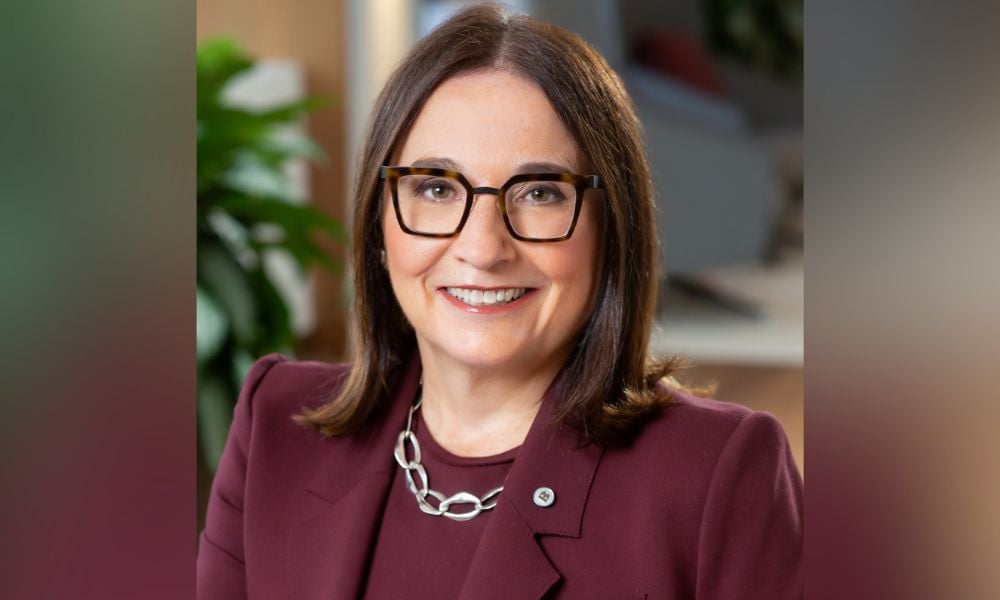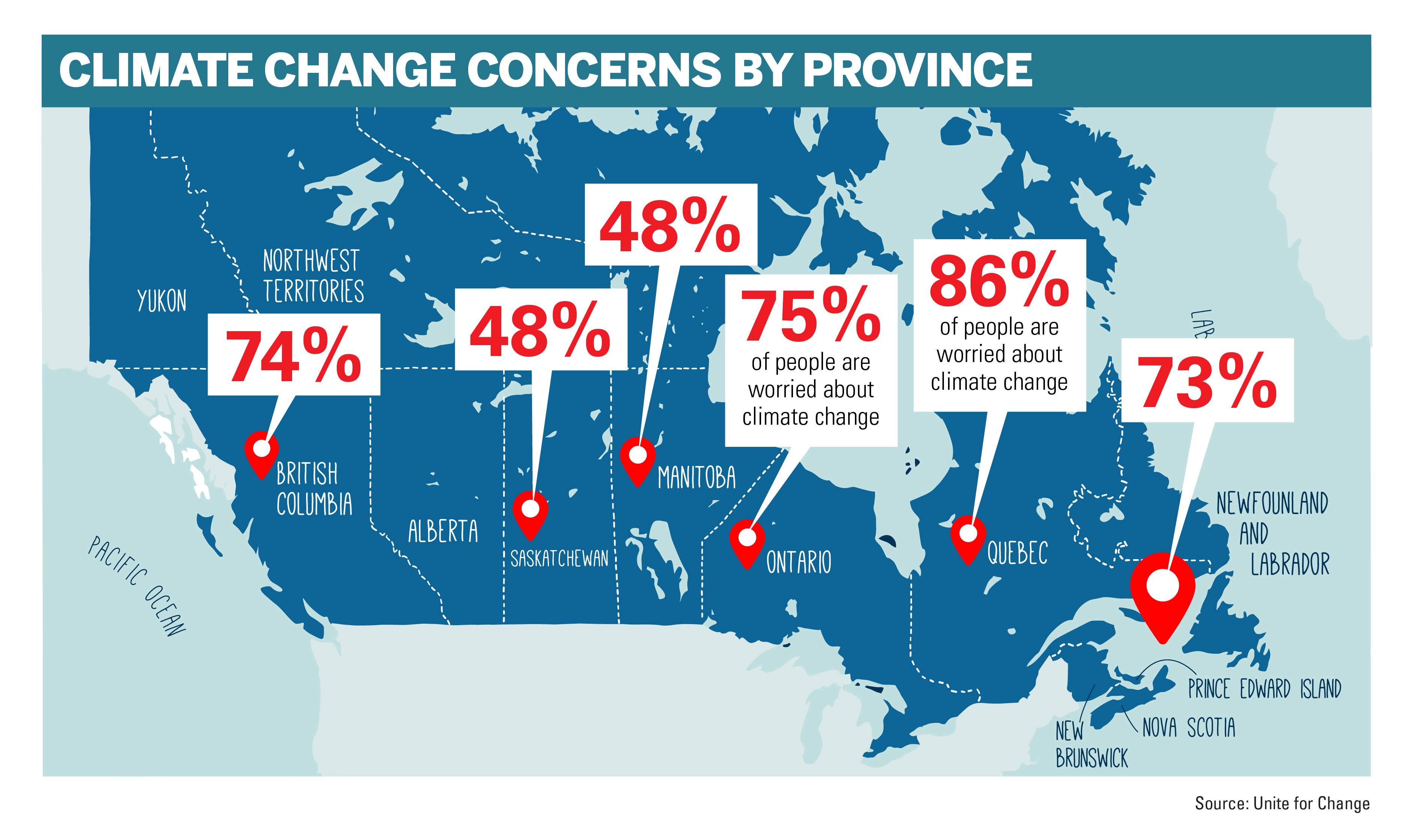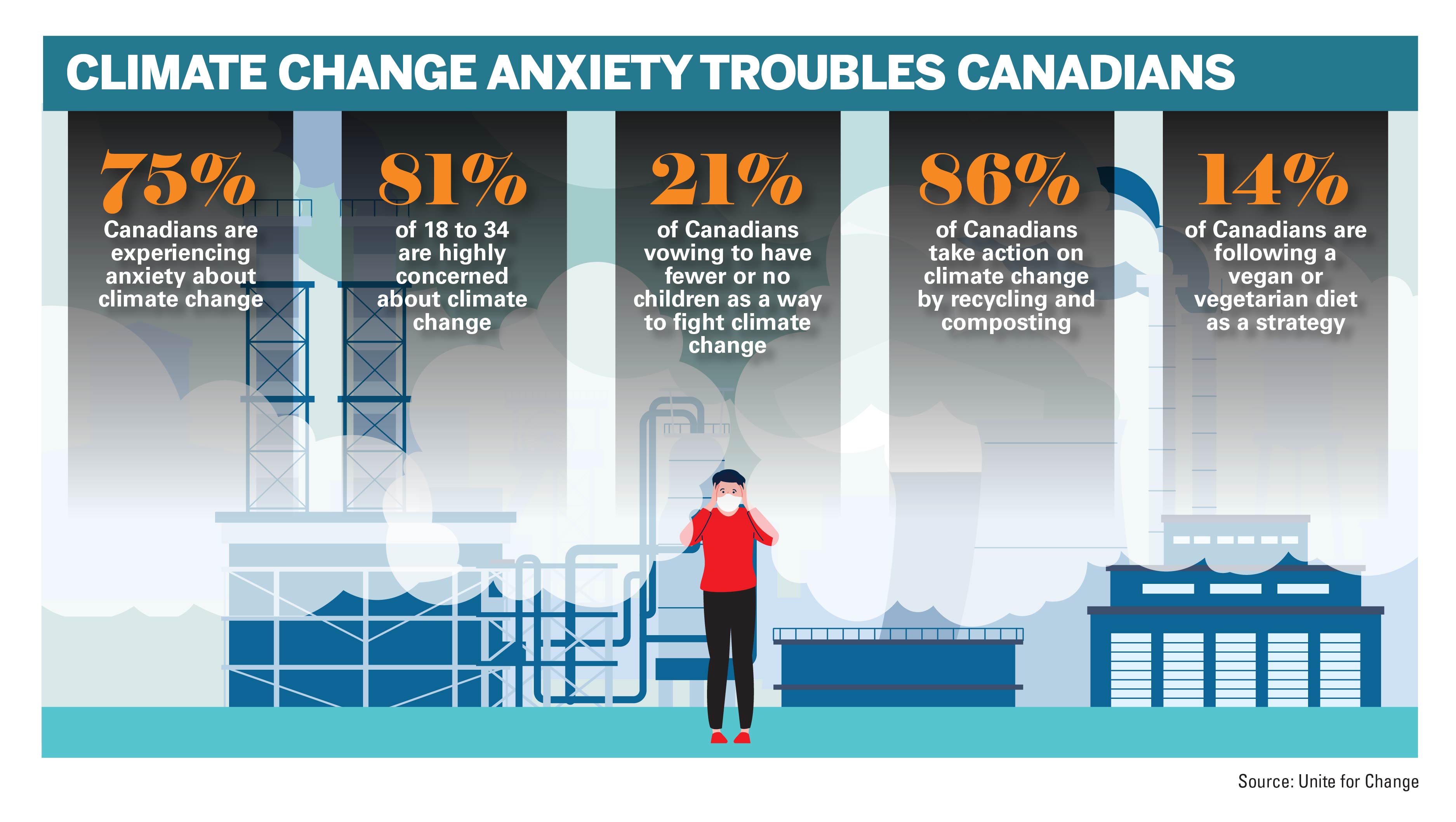
The bank aims to promote job creation in the clean energy sector and be client-led

Three-quarters of Canadians are worried about climate change, with Canadians ages 18 to 34 most likely to be concerned (81 percent), according to a recent survey from Unite for Change.
With anxieties about global warming only heating up, employees are understandably expecting their employers to change their internal workplace practices. At BMO, general counsel Sharon Haward-Laird spearheaded a multi-faceted strategy aimed at supporting clients in the transition to a low-carbon economy.
“We set what we call our ‘Climate Ambition’ in 2021, which really is to be our clients’ lead partner in the transition to a net-zero world,” she tells Lexpert. “[It’s about] recognizing that the most appropriate role for a bank is to support our clients as they transition themselves – not forcing anybody to transition but supporting them in their own journey.”

Among the practical steps BMO has taken are the development of an energy transition advisory and sustainable finance business in its capital markets group and a carbon credit origination and trading business, all supported by BMO’s climate institute. The BMO Climate Institute supports clients by engaging with industry, the public sector, academia, and investors. It also serves as a resource for decarbonization, resilience, social impact, and biodiversity. Additionally, BMO has recently implemented extensive training for commercial bank relationship managers to ensure they are well-equipped to understand and respond to the emerging risks and opportunities their clients face in a changing economy.
“The climate institute’s role in all of this is really a hub for climate initiatives within BMO and also a way for us to be a thought leader and convener outside of BMO,” Haward-Laird adds. This includes initiatives like their podcast series, "Sustainability Leaders," which features thought leaders, academics, and clients discussing various sustainability topics.
Discover some of the best Canadian legal podcasts to tune into for updates and insights in the legal field.
In addressing the economic impacts of climate change, Haward-Laird emphasizes the importance of supporting clients through advice, financing, and capacity building, all aimed at helping them achieve their sustainability goals. This, in turn, fosters economic growth, which benefits BMO’s business.
“We need to make sure the bank is well positioned from a risk management perspective, both in terms of physical risks arising from global climate trends and the resilience of our clients' business models,” she says. “When they grow, our bank will grow.”

BMO is also focused on fostering the development of new jobs and industries that arise from the transition to a low-carbon economy. This involves helping clients invest in sustainable technologies and supporting community initiatives, particularly in collaboration with educational institutions.
“We’ve invested at the University of Calgary, Haskayne School of Business, University of Calgary, Simpson Centre, and the University of Saskatchewan, among others,” add Haward-Laird.
A significant aspect of BMO's approach is ensuring that the transition to a low-carbon economy is inclusive and just. For example, Haward-Laird highlights the importance of consulting and including Indigenous communities and other impacted groups.
“The impact of climate change on some of the poorest areas of the world is very concerning,” explains Haward-Laird. BMO aims to support a transition that does not disadvantage equity-seeking groups but consults them in the process and includes them in the benefits of sustainable growth.
However, in a resource-intensive economy like Canada, BMO sees significant opportunities alongside the challenges.
“Canada's energy production industry is also very focused on improving its own emissions, so there's also a lot of opportunity here,” says Haward-Laird. The bank’s role, she stresses, is to respond to market conditions by helping clients achieve their sustainability goals.
An example of BMO’s innovative approach is its commercial real estate retrofit program in partnership with Canada Infrastructure Bank. This initiative provides blended finance, combining capital from BMO with lower-cost government funding to reduce the cost of building retrofits that can lower emissions.
“A lot of the older buildings were not built at a time when the standards were like they are now,” Haward-Laird explains. "We help our clients analyze the economics of that, how much it will cost, what their energy savings will be, and what the cost of the capital would be to make that investment."
The bank's is also commited to fostering new industries and job creation – something that’s increasingly important in the tight talent market.
“The great part is all of the climate ambition work that I've described will help to advance the growth of new jobs and industries that our clients create every day,” she says. BMO’s purpose is to “Boldly Grow the Good, in business and life,” which extends to helping clients invest in technologies such as biodigesters to lower carbon footprints in agriculture.